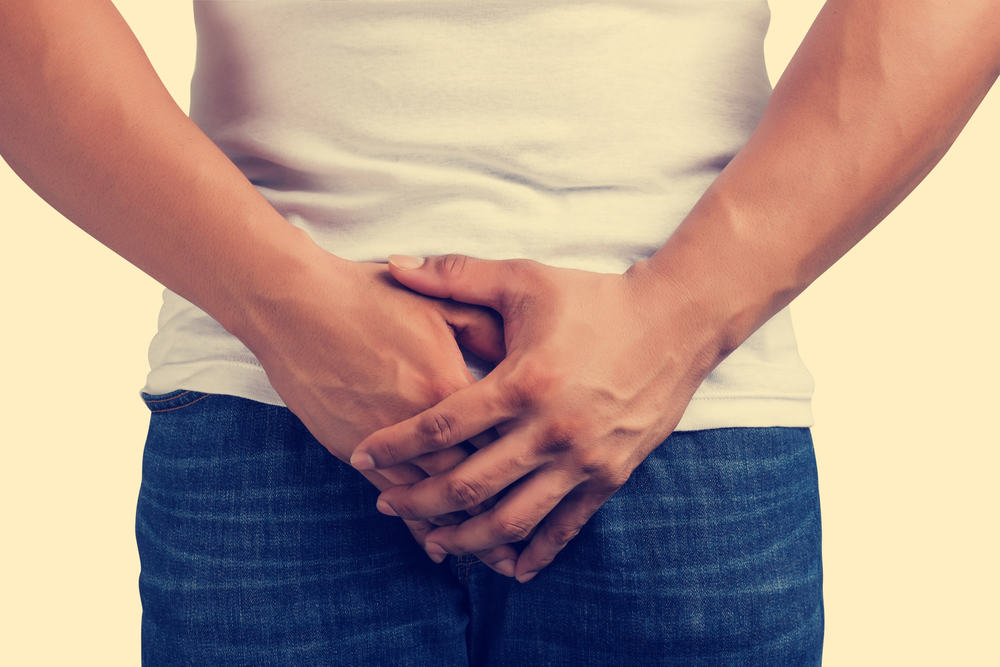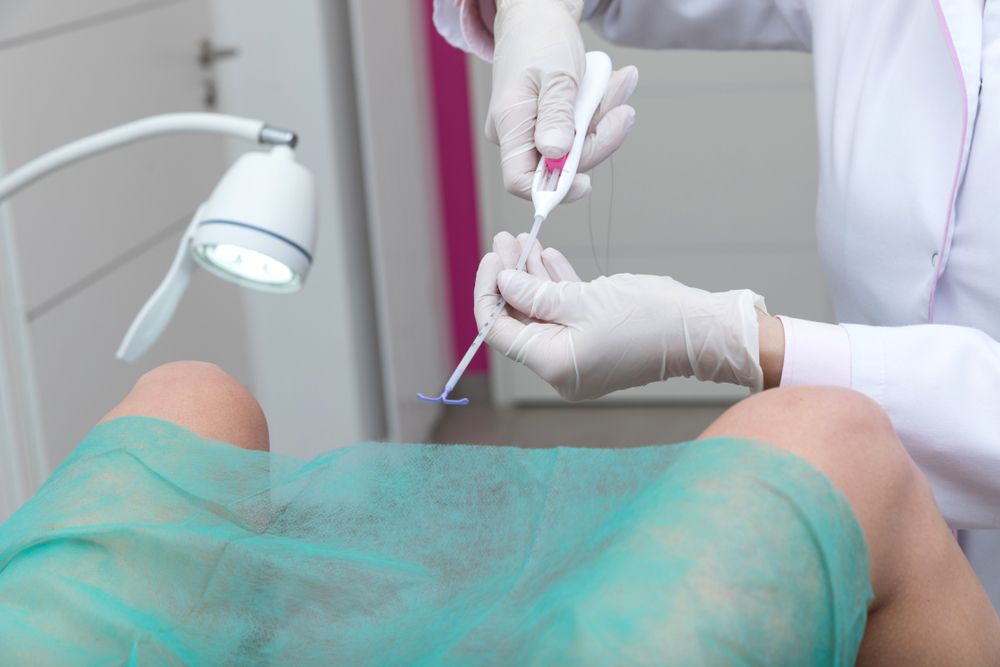Contents:
- Medical Video: Testicular Cancer: What You Really Need to Know | UCLAMDCHAT Webinars
- What is the danger if the testicles do not go down?
- 1. Fertility disorders
- 2. Can cause tumors
- Influence on children if the testicles do not go down
- The cause of the testicles does not go down
- The characteristics of the testicles do not go down
Medical Video: Testicular Cancer: What You Really Need to Know | UCLAMDCHAT Webinars
Non-descending testis (cryptorchidism) or undescended testicle is the condition of the testicles that have not moved to the right position in the skin pouch that hangs under the penis or scrotum. Usually only one testis is affected, but about 10% of cases occur, the two testicles do not go down. What is the cause and is it dangerous?
What is the danger if the testicles do not go down?
Testicles that do not go down are quite common in male babies born prematurely or born with very small body conditions. Doctors don't really know what caused it. This condition generally occurs due to hereditary factors.
Did you know that the testicles don't go down very closely related to fertility? This is because the testis is an egg-shaped gland that produces spermatozoa. The testicles grow and enlarge in the stomach, near the kidneys.
Normally, just before the baby is born, the testicles will drop into the scrotum or testicles sac. Why do the testicles have to go down into the testicles sac and what are the consequences if they don't go down?
1. Fertility disorders
Testicles that do not drop will result in fertility disorders. Research shows, if only one testis does not go down, a person's fertility rate will be 80 percent. If both do not go down, the fertility rate is only 50 percent. Why? Because the temperature in the stomach is higher than the temperature in the pubic pouch, sperm formation will be disrupted.
2. Can cause tumors
If the testicles do not go down, they risk developing malignant cells or testicular tumors. Because the testicles normally have to go down in the testicles sac, if the testicles grow elsewhere they can develop into malignant cells.
In addition, even if only one testis does not drop, this condition can affect the normal testes in the scrotum. For example, one of the testes grows in the stomach and does not descend into the scrotum, while the other is normal and descends into the testicles. Testes that grow in the stomach can develop into malignant cells and affect the other testes that fall normally to the scrotum.
As a result, normal testicles will also become damaged and can also be exposed to cancer risk.
Influence on children if the testicles do not go down
The danger is if the testis stays in the stomach until it is 12 years old, then the child will not be able to produce sperm onward (infertility). Another result is the psychosocial impact that children can experience. Children whose testicles do not go down can become inferior. If the child is older and understands testicular function, the child will wonder why he does not have testicles.
With the existence of such risks, parents must indeed be vigilant and as early as possible know whether the child has this disorder or not. Moreover, research shows that about 3 percent of babies born normally will experience testicular drops. In premature babies, the likelihood is higher, can be 20 to 30 percent. For example, babies born prematurely at the age of 7 months, at 7 months of gestation, it is not yet time for the testicles to drop, so it is natural that the percentage is higher.
The cause of the testicles does not go down
So, what causes the testicles not to go down? Until now it is not known for certain. However, until now there are allegedly two main causes, namely due to a lack of hormones and there is a kind of fiber or fiber that inhibits the decline of the testicles. The testicles should start descending into the testicles sac when the fetus is 7 months old, if it turns out it does not go down after the baby is born, then it can still be waited until the baby is 9 months old. For the most part, about 75 percent of babies are quite a month and 90 percent of infants with less than a month with cryptorchidism will heal themselves.
Physiologically, the testis can still go down on its own until the baby is 9 months old. Usually it will be observed when the child is 3 months, 6 months and 9 months, whether the testes have dropped. If until the age of 9 months the testicles do not go down, it usually will not go down again and must be treated.
The characteristics of the testicles do not go down
The symptoms themselves are not easy to detect. Children do not feel sick and have no complaints. So, it's hard to detect it. Moreover, expecting children who report "something".
Therefore, usually after a baby boy is born, the doctor must ascertain whether the testicles have dropped. This must be confirmed and must notify the child's parents.
If it turns out that the testicles have not dropped, the doctor should also tell you that it is still possible to go down until the child is 9 months old. Parents can also suspect the condition of their child's testicles, whether or not they have dropped.
It is said that it has not dropped if the scrotum looks flat. It should be like a bulge, even if the child's testicles have not dropped as in adults. If it is small or flat, you should be suspicious, lest the testicles go down.












